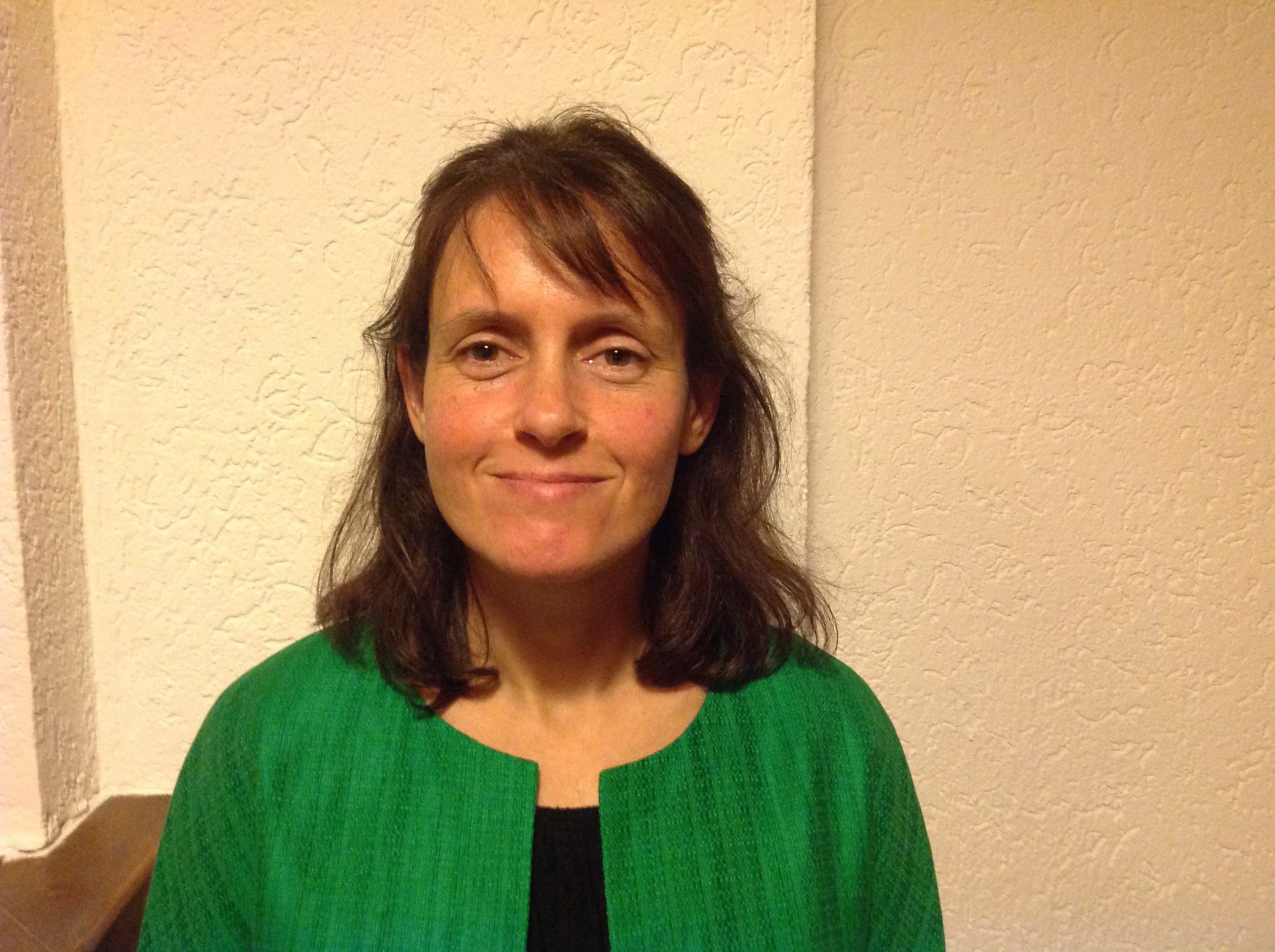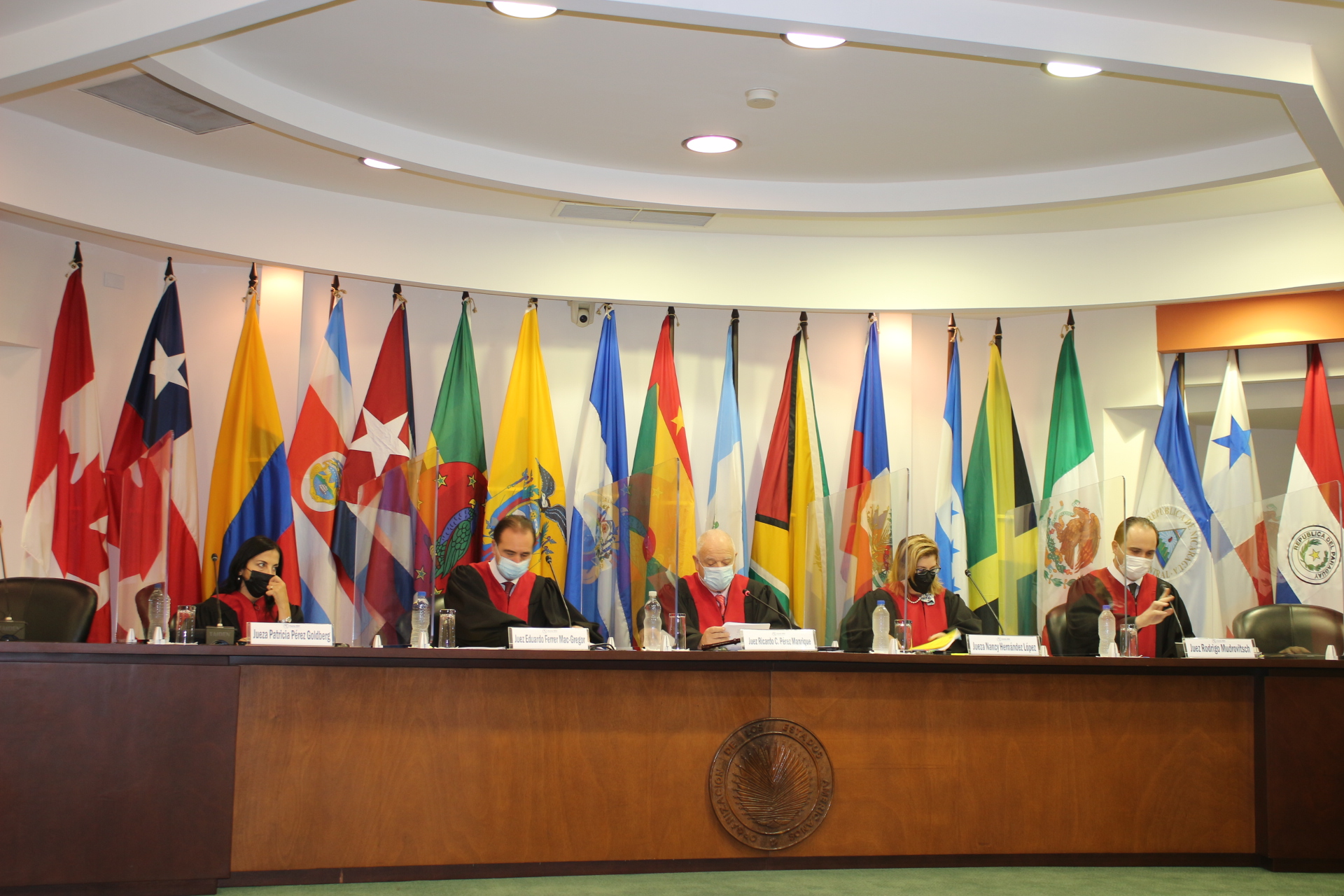Lire cet article en français ici
By Lucy McKernan, Geneva Representative, Global Initiative for Economic, Social and Cultural Rights
Can you imagine the Human Rights Council adopting a country resolution and appointing a Special Rapporteur under Item 4 in response to mass evictions or displacement? Or perhaps a Commission of Inquiry established to investigate widespread and systematic denial of the right to education in a country?
These are the type of resolutions routinely adopted by the Council in relation to civil and political rights (C&PR) violations, but the suggestion seems far-fetched in relation to economic, social and cultural rights (ESCR) violations.
As the Council enters its second decade, and as the ICESCR and ICCPR celebrate their 50th anniversaries, it is time to reflect on the perceived hierarchy of rights in the Council and the common refrain that ESCR have second-class status and receive less attention in the Council’s work.
Are economic, social and cultural rights ‘second class’?
It is important start by separating the political rhetoric from genuine concerns about imbalance in the Council’s work. Certainly many of the calls for greater attention to be paid to ESC rights appear politically motivated, and are not substantiated or backed up with practical suggestions or meaningful initiatives. Sometimes they are not even accompanied by support for the ESCR initiatives already existing in the Council. However, there is also much truth in the allegations. For instance: broadly speaking there are fewer ESCR resolutions; frequently ESCR Special Procedures mandates are not perceived as ‘heavy hitters’ and so do not receive the same political and financial support as their peers; ESCR resolutions do not attract the same level of scrutiny or high level negotiation; and States are less likely to make statements on ESCR issues of concern.
The Universal Periodic Review is perhaps the starkest and most measurable example of this imbalance as shown in recent research by the Centre on Economic and Social Rights and discussed in the forthcoming report of the Special Rapporteur on Extreme Poverty and Human Rights, Mr Philip Alston. Alston’s research (which focuses on legal recognition of ESCR) finds that only 1.26 percent of relevant UPR recommendations specifically requested a State to take measures to guarantee the status of ESCR through constitutional amendments, enactment of legislation, or providing national courts with jurisdiction to provide remedies for ESCR violations.
However, we should also recognise the advances in ESCR in the work of the Council. For instance, there is now a small but solid ‘Group of Friends of ESC rights’ led by Portugal, which made its first joint statement to the Council during its 31st session. There is increasing cross-regional support for some ESC mandates, such as the cross regional core group on the housing resolution and the slowly increasing support from all regions for the right to food resolution. There are also many initiatives that endeavour to incorporate both ESCR and C&P rights, such as the resolution on human rights defenders which focused on ESCR defenders at the March 2016 session of the Council. A number of Special Procedures mandates have also done focused work on the indivisibility of rights and highlighted the ESCR dimensions of traditionally C&PR issues. A good recent example is the Study of the Working Group on Enforced Disappearances, which found that those advocating for ESCR are at a higher risk of enforced disappearance and that those whose ESCR were not realised are more vulnerable to enforced disappearance. Other recent examples include: the report of the Special Rapporteur on Eritrea that focused on forced evictions and housing demolitions in the context of the right to adequate housing; the North Korea Commission of Inquiry report addressed violations of the right to food in great detail; and the Special Rapporteur for Cambodia recently completed a country visit which focused on the situation of women and indigenous peoples and covered labour rights concerns and land issues in the country.
So how do we move beyond the political rhetoric about imbalances in the Council and advance tangible suggestions to correct the imbalance?
We need to start with the Council as a whole reaffirming that ESCR are fundamental elements of the dignified human existence envisioned by the UDHR. The Council also needs to acknowledge that its own purpose and vision cannot be realised without taking ESCR seriously in its work. In fact, the Council’s work in relation to C&PR is likely to continue to grow if economic and social grievances continue to be sidelined, with strong evidence showing that unresolved economic and social grievances can lead to conflict, in some cases to radicalisation and violent extremism, to the undermining of political transitions and to massive international migration. This is not to suggest that the value of taking ESCR seriously is merely instrumental – in fact it goes to the very heart of the human rights project.
The point was highlighted in a recent article by Sri Lankan commentators Ahilan Kadirgamar and Swasthika Arulingam, who complained about the over-emphasis on C&PR solutions in the reform processes in Sri Lanka, saying ‘its predominant thrust has been to prioritise war crime prosecutions-heavily influenced by international actors-at the cost of addressing continuing economic inequalities and exploitation’. They assert that the ‘processes of reform are overwhelmingly influenced by international knowledge industries in transitional justice and comparative constitutional making. … But how long can human rights experts ignore the repeated socio-economic concerns that citizens are raising in the consultative processes?’ The most recent 2015 resolution of the Human Rights Council on Sri Lanka reflects this bias also (although the issue of the return of land is dealt with briefly in the resolution).
How can the HRC respond to such critiques? Can we foresee an Item 2 or 4 country resolution addressing predominantly ESCR concerns? There are examples of Item 4 resolutions also addressing ESCR concerns together with C&PRs. For instance the 2015 resolution on Cambodia which, following the report of the Special Rapporteur, highlighted concerns regarding women’s rights, labour standards and land in the context of development projects (especially paragraphs 14 and 15). Perhaps more can be done in this respect to ensure that ESCR dimensions of conflicts and transitions are paid due attention in Item 2 and 4 debates and resolutions.
The other key mechanism where significant advances can be made in promoting indivisibility and correcting the ‘imbalance’ is the UPR. States should make more effort to include targeted, measurable, achievable, relevant, and time-bound ESCR related recommendations.
There is also considerable room for international NGOs to increase their advocacy in relation to ESCR in the Council. The Special Rapporteur on Extreme Poverty and Human Rights in his recent reports to the Council applauds international NGOs for advancing ESCR in a number of areas but critiques them for not tackling difficult questions about redistribution of resources or budgetary allocations and for over reliance on a non-discrimination lens when addressing ESCR.
Conclusion
The first 10 years of operation of the Human Rights Council have been characterised by a greater emphasis on C&PR and consequently the institution has developed conventions, processes and modes of operation that reflect that history. However, institutions are evolutionary and capable of change. The 10th anniversary of the Council is an opportune time to acknowledge this history and to look for new ways to increase the focus on ESCR issues in the work of the Council, with the ultimate aim of returning the Council to the path of realising its founding vision.
Lucy McKernan is Geneva Representative for the Global Initiative for Economic, Social and Cultural Rights. Follow her on Twitter at @LucMck.




